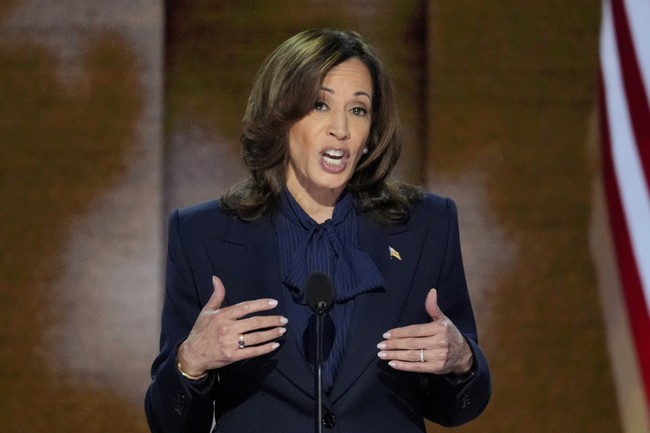Ceasefire Prospects Amidst Gaza's Turmoil
As tensions escalate in Gaza, potential ceasefire talks emerge involving Hamas, Egypt, Qatar, and Israel, focusing on hostage releases and resolution of the humanitarian crisis.
Published March 30, 2025 - 00:03am

Image recovered from irishtimes.com
The ongoing conflict between Hamas and Israel, particularly in the Gaza Strip, continues to attract significant international attention due to proposals for a ceasefire. Recently, leaders from Hamas announced their acceptance of a ceasefire proposal presented by mediators from Egypt and Qatar. This announcement comes amidst ongoing military operations, and the potential agreement suggests a phased release of Israeli hostages, with five individuals scheduled to be freed each week. Khalil al-Hayya, a prominent Hamas leader, confirmed their commitment to the proposal, while emphasizing that the acceptance of this ceasefire hinges on Israel's cooperation.
Efforts persist to navigate towards a peaceful resolution, with Israel being reportedly receptive to the ceasefire proposal. Further dialogue involves the United States, illustrating an increase in international involvement. However, the complexity of the situation is highlighted by Israel's strategic consultations and a subsequent counterproposal reportedly conveyed through the mediators. This scenario underscores the intricate web of negotiations attempting to temper ongoing hostilities that have gripped the region since October 2023.
Adding to the complexity, humanitarian conditions in Gaza have deteriorated significantly due to a blockade enforced by Israel. According to reports from Gaza authorities, Israel has targeted critical infrastructure, including food banks and aid centers, since the conflict reignited. Hamas accuses Israel of using hunger and deprivation as weapons, which they argue exacerbates an already deep humanitarian crisis. The blockade, in place for several years, has resulted in severe shortages of essential goods, including food, fuel, and medicine, intensifying the urgency for international intervention.
Protests against Hamas within Gaza have also spotlighted dissent from the local population. The demonstrations, marked by slogans such as "Hamas out", reveal frustrations borne from years of sustained hardship. These protests reflect not only discontent with Hamas' governance but also anger towards Israel's actions in the region. Demonstrators stress that the ongoing violence affects all residents of Gaza, transcending political affiliations and contributing to an escalating humanitarian emergency.
Amidst these dynamics, there are discussions in places such as Doha, where mediators work tirelessly to restore peace. Tensions rose significantly after Israeli Prime Minister Benjamin Netanyahu threatened further military action if Hamas refused to release hostages. Hamas' subsequent warning that hostages could be killed if bombings continued underscores the perilous nature of current negotiations.
Parallel to diplomatic efforts, other reports highlight severe humanitarian impacts, citing high casualties among Palestinians—over 50,000 have already been reported killed in recent military offensives. This grave situation is compounded by Gaza's ongoing healthcare crisis, worsened by attacks on medical facilities. A plea for urgent international action resonates strongly, calling for the international community to not only facilitate ceasefire negotiations but also address the dire humanitarian needs in the territory.
As the international community looks on, the potential ceasefire holds promise for fostering a temporary reprieve from hostilities, yet the road to sustained peace remains fraught with challenges. Viewing the ceasefire as a means to reduce immediate tensions could be pivotal, as ongoing discussions seek to graft a more enduring truce within the Middle East conflict narrative.






